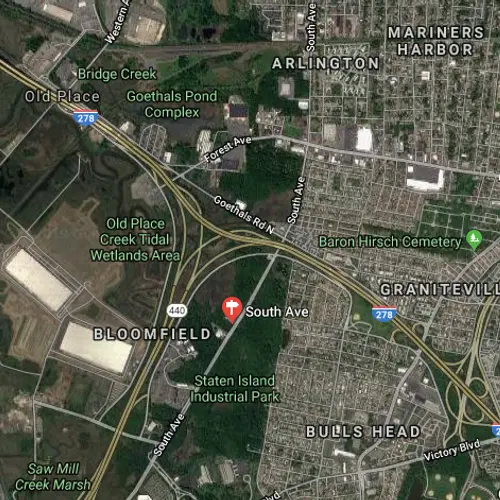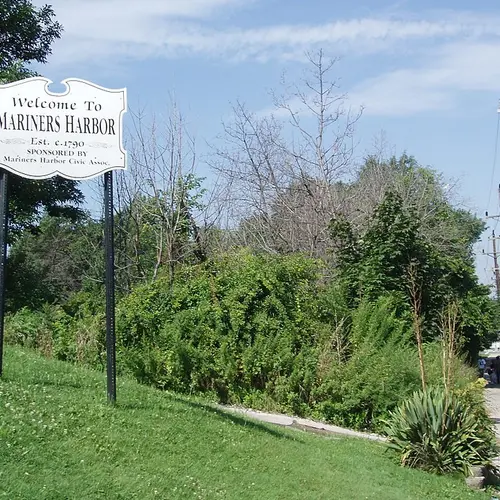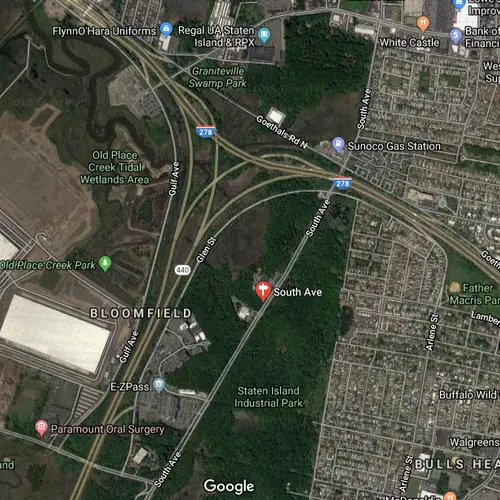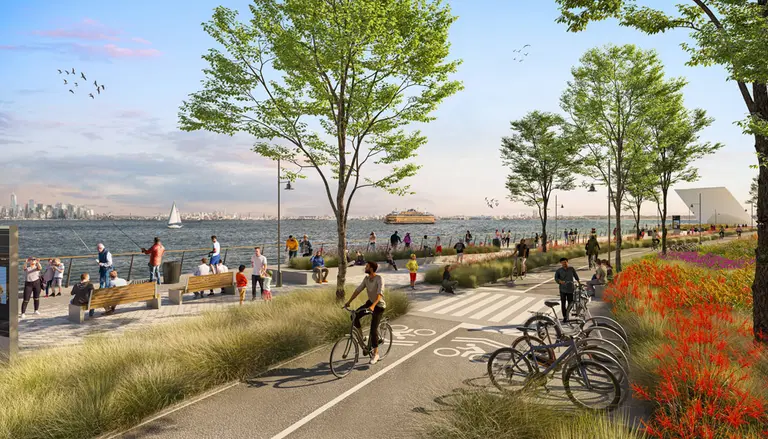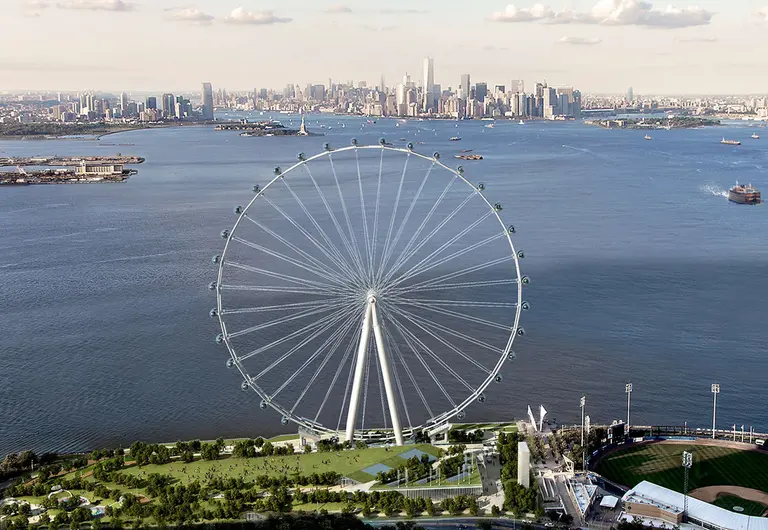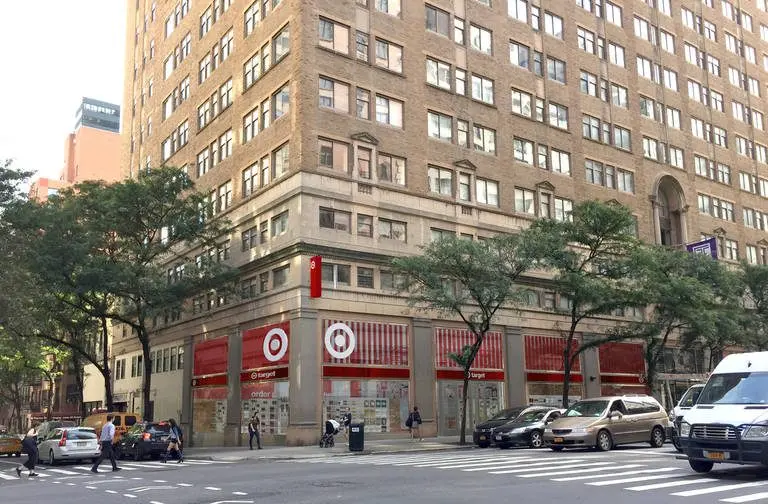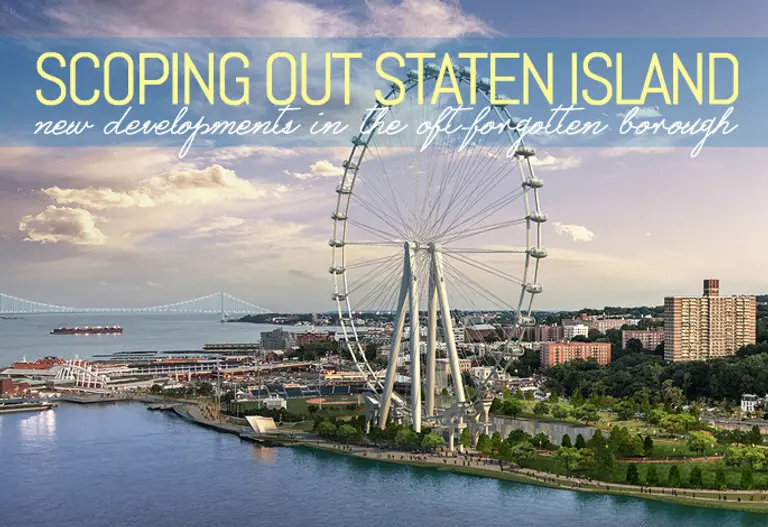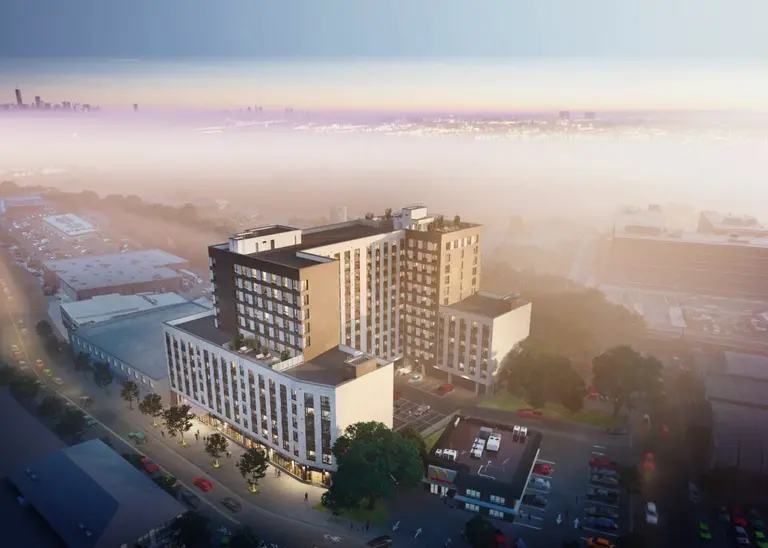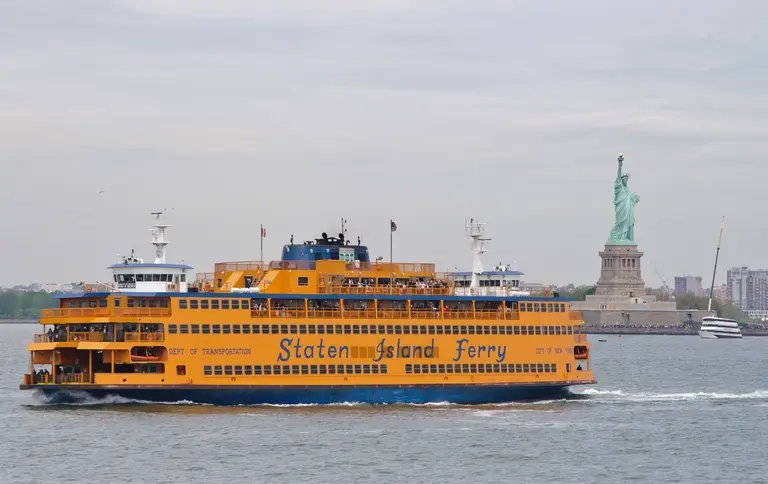State grants permit for developer to build BJ’s Wholesale Club on Staten Island wetlands
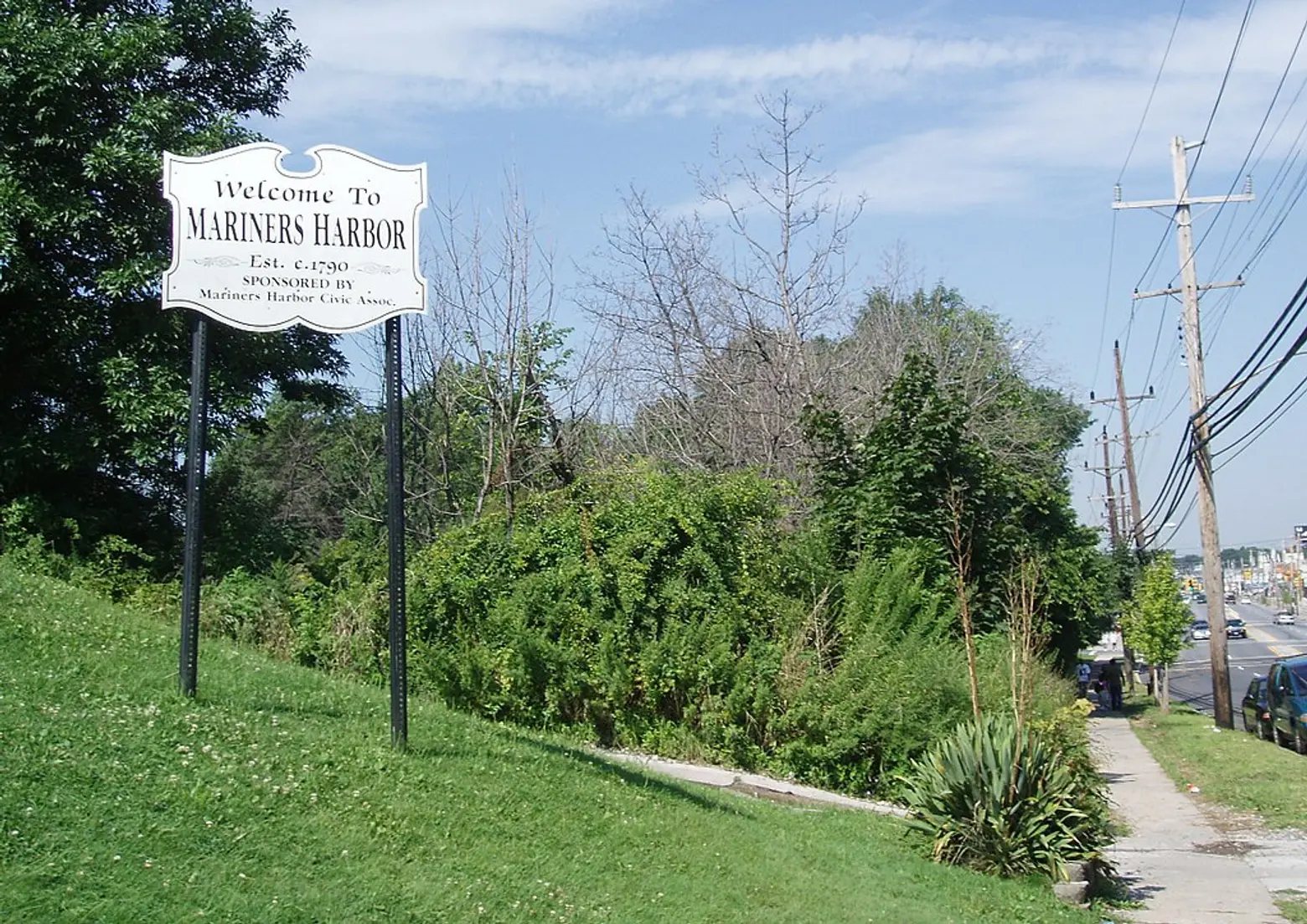
The neighborhood of Mariner’s Harbor, near the wetlands in question. Image: Wikimedia cc.
Despite opposition from residents and public officials, 18 acres of forest wetlands near Staten Island’s north shore will be turned into a BJ’s Wholesale Club, a gas station and a parking lot. Gothamist reports that the state has said it will issue a permit to allow the land’s owner, real estate magnate Charles Alpert (operating as holding company Josif A. LLC), to destroy what activists say is an invaluable natural storm barrier in order for the project to move forward.
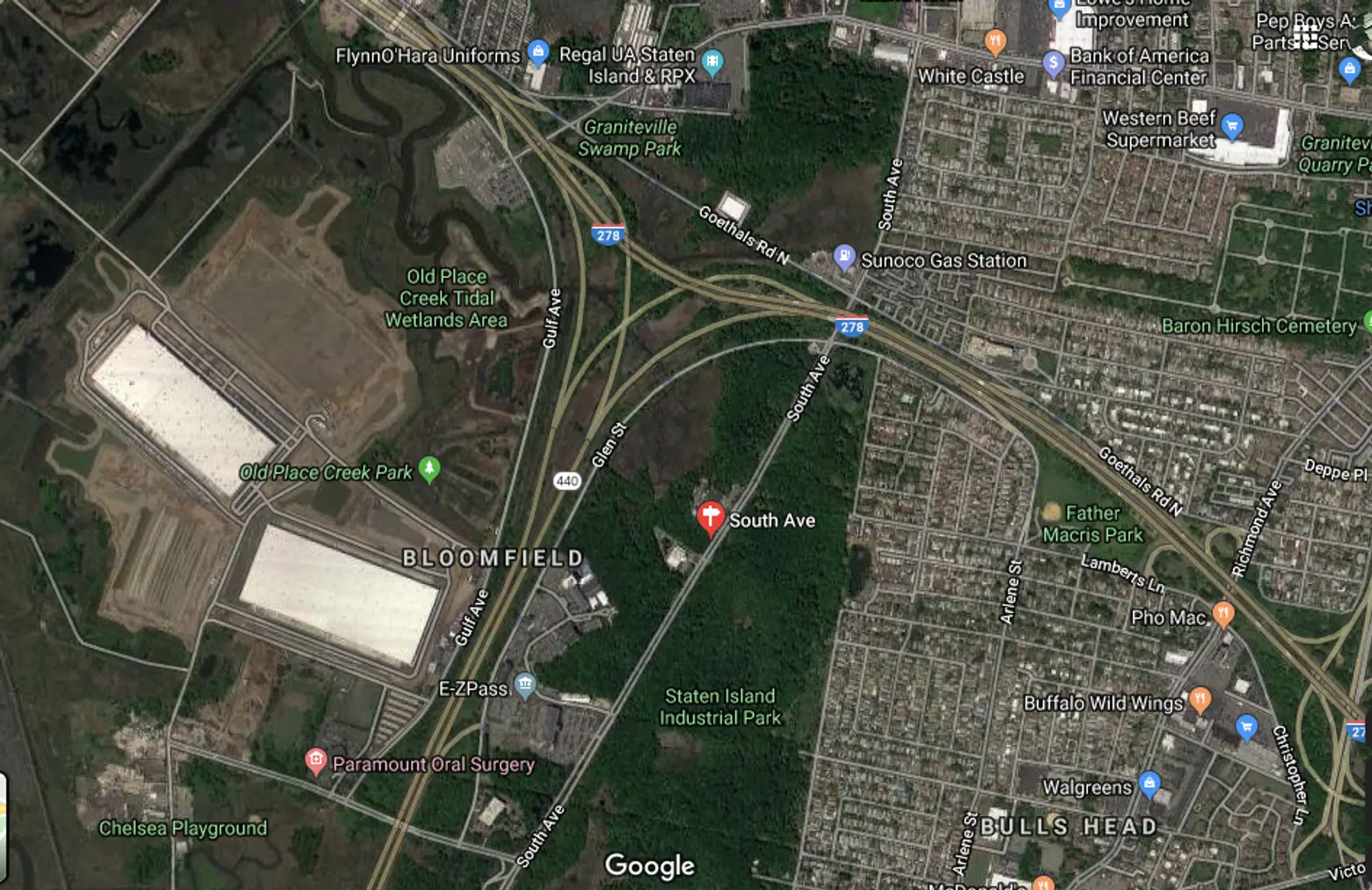
Map data © 2019 Google
Over 1,000 letters were sent to the to the Department of Environmental Conservation (DEC) requesting a public hearing before a decision was made to issue a permit to the land owner. Local and city officials including Rep. Max Rose, Assemblymember Nicole Malliotakis, State Senator Diane Savino, Assemblymember Michael Cusick and City Comptroller Scott Stringer had all spoken in favor of a public hearing.
Last week the DEC issued a copy of the wetlands permit it would be giving to the developer along with a 42-page document outlining how the agency had responded to opposing comments. A representative for the DEC stated that it had been determined that a hearing was “not necessary,” citing the document, which states that residents were already given a chance to speak about it in public–in this case, on an Environmental Impact Study done in 2017 when the project was applying for city approval. The lawyer representing the land owners, Mitchell Korbey, commented only by saying,“We have the permit, and this is something we anticipated.”
According to the Staten Island Coalition for Wetlands and Forests, who have been waging a campaign to save the area, known as Graniteville Woods and Wetlands, from development, without the natural buffer of the adjacent wetlands, nearby homes will be at risk in a big storm. Another concern: If FEMA redraws flood plain maps without the protective wetlands, residents may be forced to get flood insurance that currently isn’t required, which will make living here unaffordable for current residents. And the EPA has noted that wetlands benefit the environment by providing “natural water quality improvement, flood protection, shoreline erosion control” and more–the reason 10 of the 28 Graniteville acres were designated as protected wetlands.
Comptroller Stringer vowed to keep up the challenge: “We will continue to work to make the case, we’re not going to throw in the towel. The fight will continue, because what’s at stake is the resiliency of the city.” The activists have 120 days to file an Article 78 appeal of the DEC’s decision.
RELATED:
- Cuomo announces $151M elevated promenade to improve Staten Island’s coastal resiliency
- Staten Island Levee project secures funding, will move forward
- Army Corps proposes constructing hurricane barriers across the NY Harbor to stop flooding
- Study: New York City could get hit with a flood every five years instead of every 500
